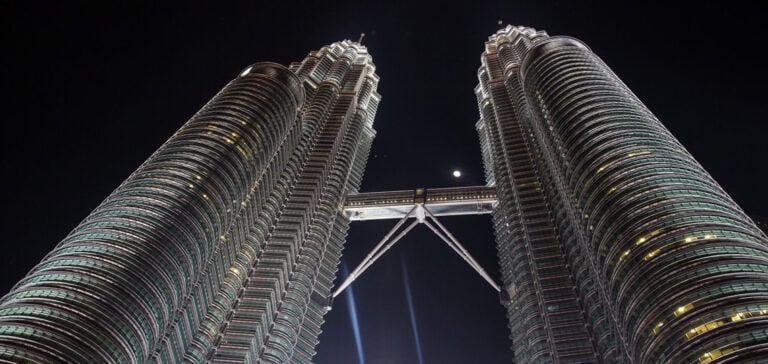Hydrogen Export to Singapore City will involve a feasibility study with Gentari, Petronas’ renewable energy unit, on a pipeline project, with the aim of commissioning it by 2027.
Focus on Low Carbon Hydrogen
The study will focus on transporting “low-carbon hydrogen” via a pipeline between the Malaysian state of Johor and City Energy’s Senoko gas plant, City Energy CEO Perry Ong told reporters. He did not specify whether this would be blue hydrogen, derived from natural gas, or green hydrogen, created from renewable energy. He also stated that there was no cost estimate for the project yet, nor any decision on how it would be financed if it came to fruition.
Hydrogen Production by Gentari
Gentari, a subsidiary of Malaysian state energy giant Petronas, produces both blue and green hydrogen, according to the company’s website. In April, Gentari and City Energy signed a memorandum of understanding to explore the import of hydrogen from Malaysia via Singapore.
The Potential of Hydrogen by Pipeline
Perry Ong said that hydrogen transported by pipeline could potentially be the cheapest way to import hydrogen to Singapore, given the “relatively short distance” between Singapore and Malaysia. City Energy plans to supply imported hydrogen mainly to the commercial and industrial sectors, which currently make up the majority of its customer base.
A Promising Energy Transition
The initiative to export hydrogen from Malaysia to Singapore could have a significant impact on the region’s energy supply. It is part of the global trend towards cleaner energy sources and reduced carbon emissions.
This feasibility study is an important step towards a more sustainable energy future. Low-carbon hydrogen represents an opportunity for Singapore to explore new energy supply routes, with potential benefits for the environment and the economy. By investing in innovative energy technologies, Singapore could play a leading role in the global energy transition.
Final Analysis
The feasibility study on exporting hydrogen from Malaysia to Singapore is a potentially game-changing initiative in the regional energy landscape. As the world increasingly turns to sustainable energy sources, this collaboration between City Energy and Gentari illustrates the region’s commitment to a promising energy transition. By investing in low-carbon hydrogen, these companies are helping to reduce carbon emissions and create a cleaner, more sustainable energy future.






















